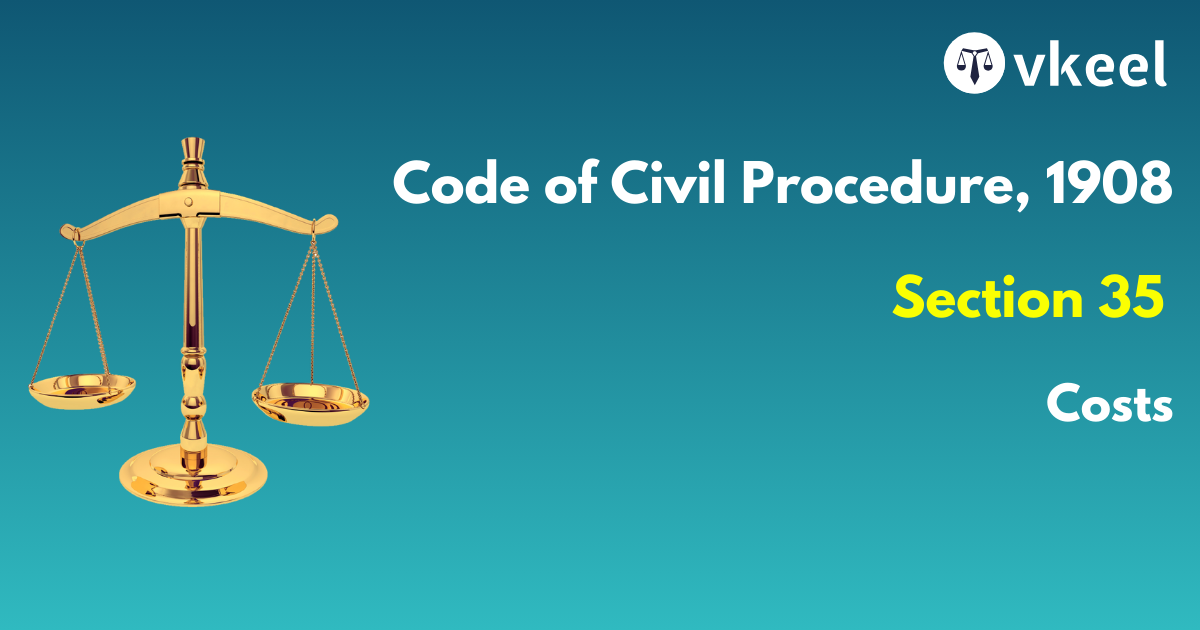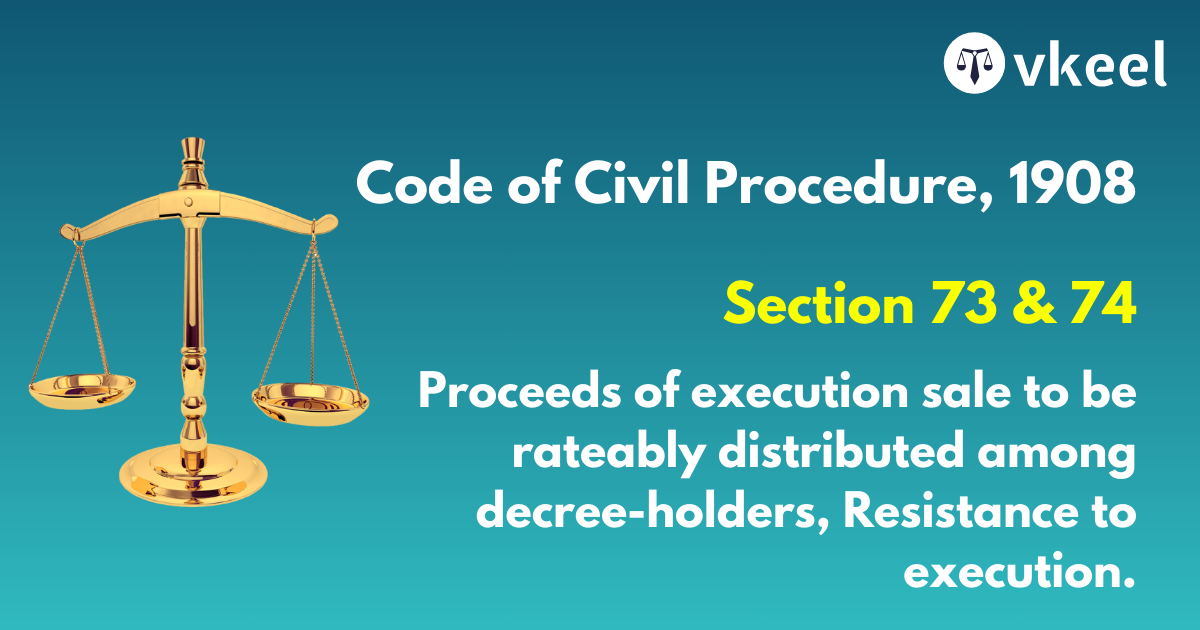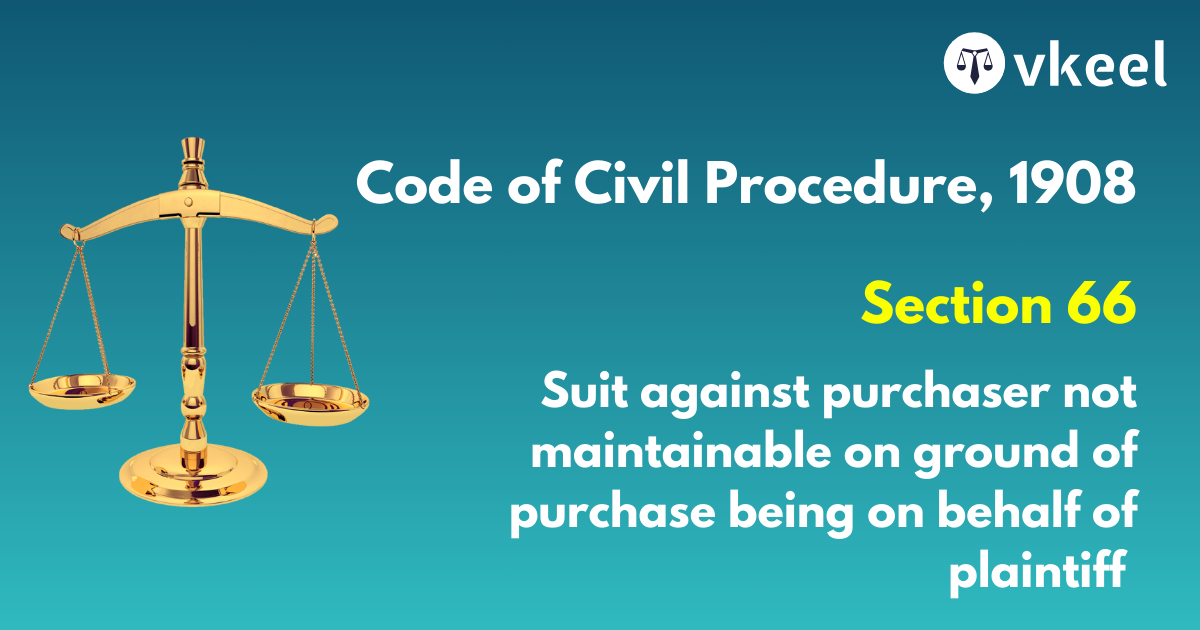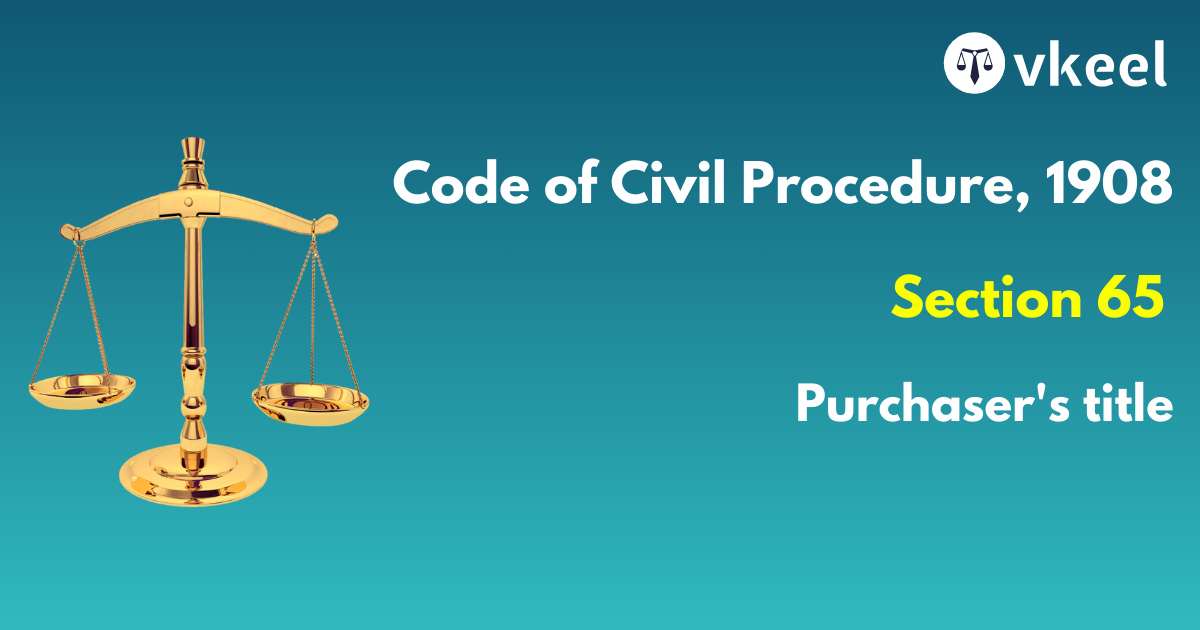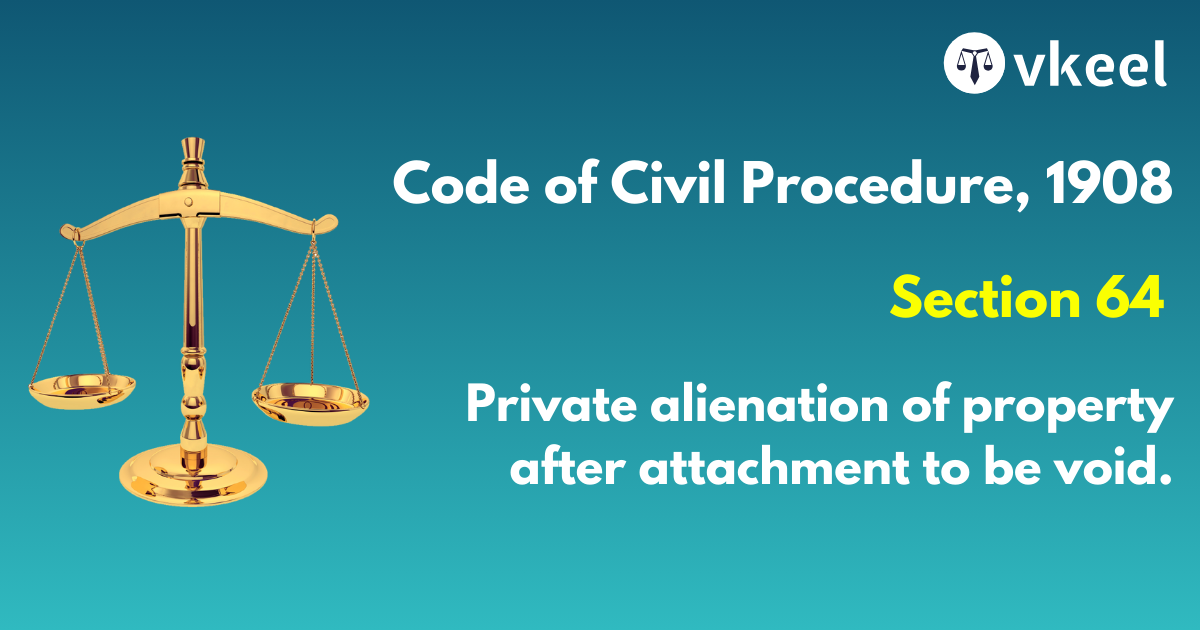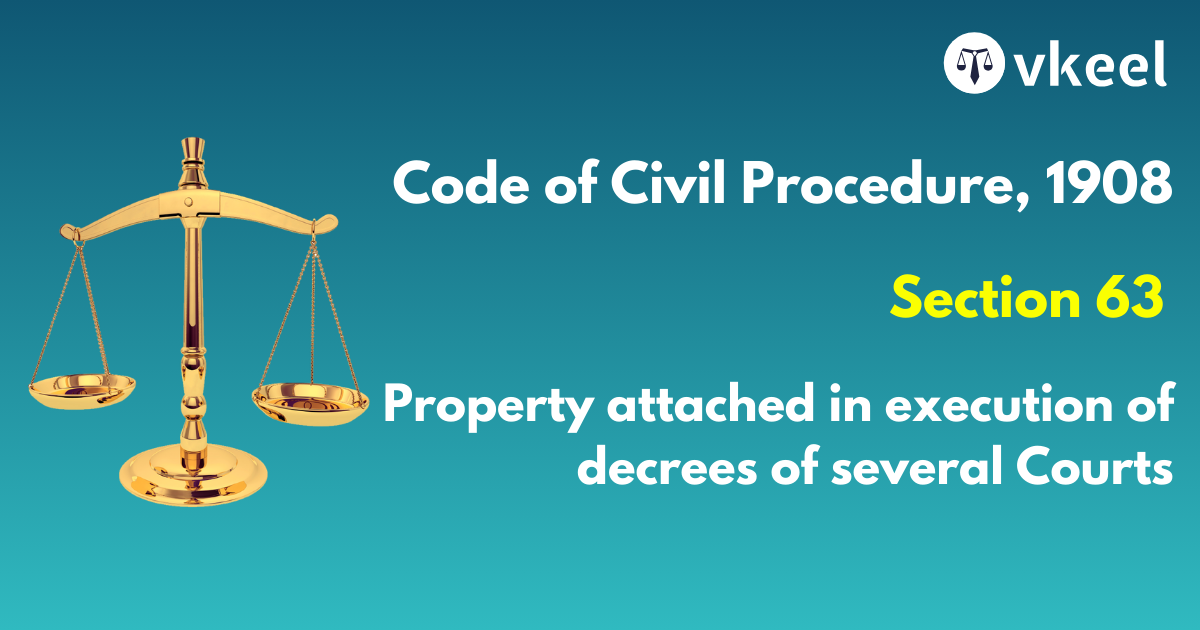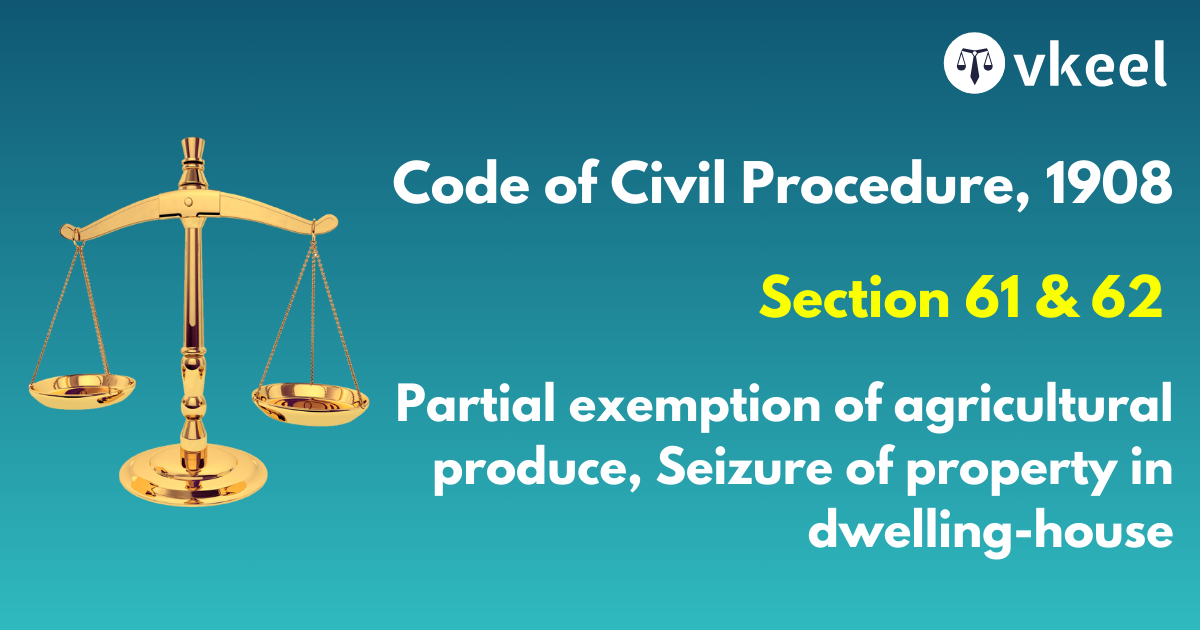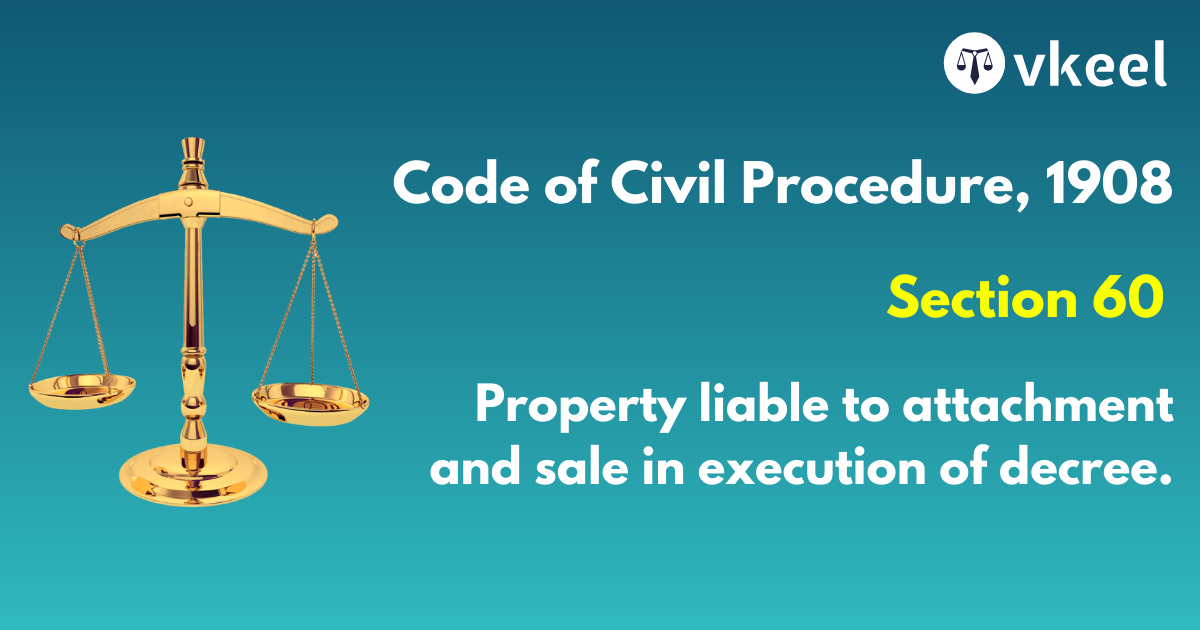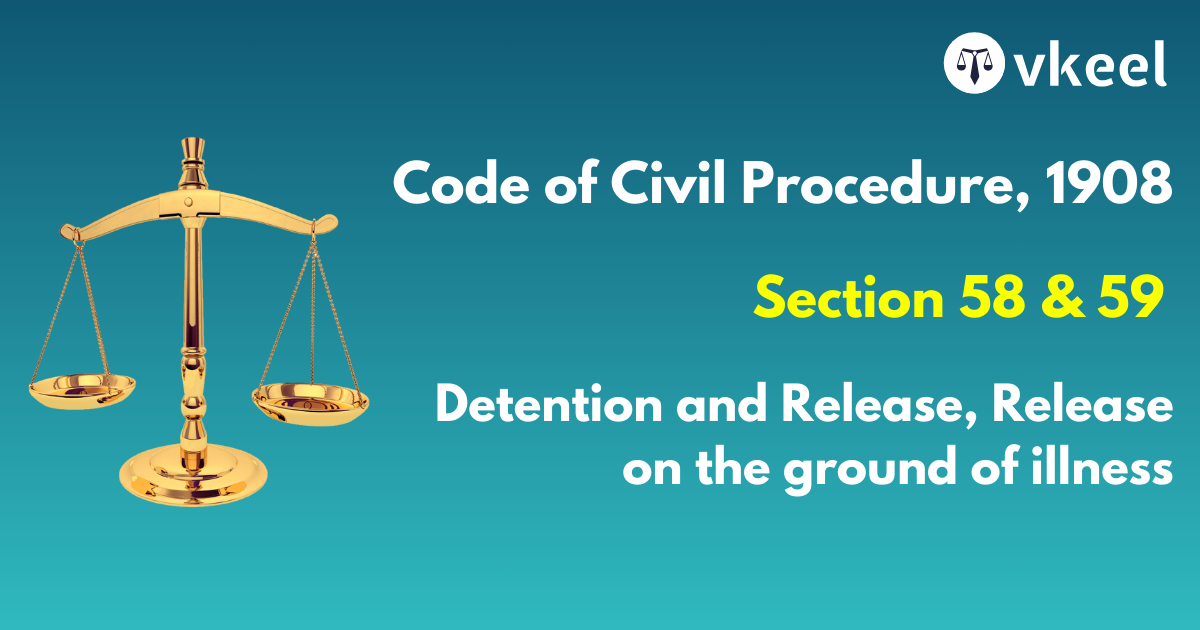Section 35 of Code of Civil Procedure,1908
By Joy Puri
Introduction
The Section 35 of the Code of Civil Procedure enumerates regarding the implication of the costs on the parties which stands on the discretion of the concerned courts of law.
It further explicates that the court if possesses a view or a perspective in a situation that the costs are not to be implied, the court of law has to enumerate specified reasons for this very thought in writing.
Section 35 of the Code of Civil Procedure
Costs-
(1) Subject to such conditions and limitations as may be prescribed, and to the provisions of any law for the time being in force, the costs of an incident to all suits shall be in the discretion of the Court, and the Court shall have full power to determine by whom or out of what property and to what extent such costs are to be paid, and to give all necessary directions for the purposes aforesaid. The fact that the Court has no jurisdiction to try the suit shall be no bar to the exercise of such powers.
(2) Where the Court directs that any costs shall not follow the event, the Court shall state its reasons in writing.
Explanation.—For the purpose of clause (a), the expression “costs” shall mean reasonable costs relating to
(i) the fees and expenses of the witnesses incurred;
(ii) legal fees and expenses incurred;
(iii) any other expenses incurred in connection with the proceedings.
(2) If the Court decides to make an order for payment of costs, the general rule is that the unsuccessful party shall be ordered to pay the costs of the successful party
Provided that the Court may make an order deviating from the general rule for reasons to be recorded in writing.
Landmark Case Laws
A Lakshmisagar v State, 1993
An earlier order of the Deputy Commissioner under the Karnataka Land Revenue Act (12 of 1964) giving permission for conversion of agricultural land for the purpose of a Housing Scheme was quashed by the High Court with a direction to look into the matter and take a fresh decision. Even after that the Government adopted the decision of the Deputy Commissioner without complying with the provisions of the Act. While quashing this order an exemplary costs of Rs 10,000/- in each case was awarded.
State of Maharashtra v Pandurang K Pangare, 1995
The acquisition of a land was challenged by the original owner and pending the proceedings he had been stating that no construction was going on in the plot. But he actually sold out portions of the plot and the purchaser was going on with the construction. Though technically speaking the original owner may be right that he was not making any construction, factually, it is wrong. So he was directed to deposit a cost of Rs 10,000/-
State of Karnataka v Nomita Chandy, 2001
Where despite High Court’s order to put the wife of the ex-serviceman in possession of land within the fixed time, the order of the High Court was not complied with, the High Court awarded Rs 10,000/- as costs to the petitioner payable by the government officers found at fault.
Hardawari v Vidyasagar, 1966
The meaning of the expression “costs shall abide the event” is that the successful party must get the costs. Where the order is that “costs shall abide the result”, the whole matter is in the discretion of the court in this way that not only has the court discretion to allow or disallow the general costs of the action but also to allow or disallow costs in an interlocutory application or appeal from preliminary question. The two expressions do not mean the same thing.
Dnyandeo Sabaji Naik v Pradnya Prakash Khadekar, 2017
Courts across the legal system-this Court not being an exception-are choked with litigation. Frivolous and groundless filings constitute a serious menace to the administration of justice. They consume time and clog the infrastructure. Productive resources which should be deployed in the handling of genuine causes are dissipated in attending to cases filed only to benefit from delay, by prolonging dead issues and pursuing worthless causes. No litigant can have a vested interest in delay. The process of dispensing justice is misused by the unscrupulous to the detriment of the legitimate. This tendency can be curbed only if courts across the system adopt an institutional approach which penalises such behaviour. Liberal access to justice does not mean access to chaos and indiscipline. A strong message must be conveyed that courts of justice will not be allowed to be disrupted by litigative strategies designed to profit from the delays of the law. Unless remedial action is taken by all courts here and now our society will breed a legal culture based on evasion instead of abidance. It is the duty of every court to firmly deal with such situations. The imposition of exemplary costs is a necessary instrument which has to be deployed to weed out, as well as to prevent the filing of frivolous cases. It is only then that the courts can set apart time to resolve genuine causes and answer the concerns of those who are in need of justice. Imposition of real time costs is also necessary to ensure that access to courts is available to citizens with genuine grievances. Otherwise, the doors would be shut to legitimate causes simply by the weight of undeserving cases which flood the system. Such a situation cannot be allowed to come to pass. Hence it is not merely a matter of discretion but a duty and obligation cast upon all courts to ensure that the legal system is not exploited by those who use the forms of the law to defeat or delay justice.
Conclusion
The imposition of the costs on the respective parties aligns the structure of the judicial system in India.
The process of implying the costs brings with it the sense of discipline in the society. Therefore, acts as a deterrence to the party and as a lesson in the society.
Disclaimer:
The information provided in the article is for general informational purposes only, and is not intended to constitute legal advice or to be relied upon as a substitute for legal advice. Furthermore, any information contained in the article is not guaranteed to be current, complete or accurate. If you require legal advice or representation, you should contact an attorney or law firm directly. We are not responsible for any damages resulting from any reliance on the content of this website.

